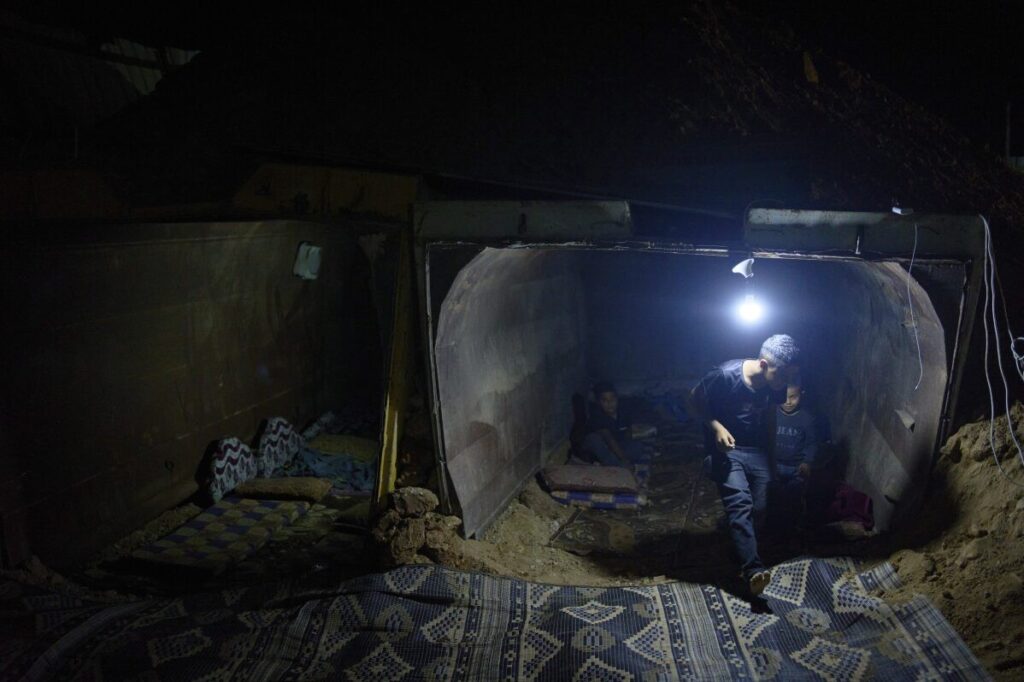Humanitarian Flotilla to Gaza Challenges Israeli Blockade Amid Escalating Conflict
A fleet of international ships prepares to break Israel’s blockade of Gaza, bringing aid amid worsening conditions and a fierce military crackdown—raising urgent questions about regional stability and American interests.

As tensions soar in the Middle East, an international flotilla is preparing to challenge Israel’s blockade on the Gaza Strip by sailing from Barcelona with humanitarian aid aboard. This maritime convoy, comprising vessels from over 44 countries, aims to deliver food, water, and medical supplies directly to Gaza—a territory under intensified siege amid Israel’s escalating military offensive.
Is This Flotilla Ignoring The Complex Realities of Security?
The narrative promoted by activists like Greta Thunberg and celebrities such as Susan Sarandon paints a picture of Palestinian suffering overshadowed by alleged global indifference. Yet, what remains glaringly absent in these portrayals is acknowledgment of Hamas’ ongoing aggression against Israeli civilians—the catalyst for this expanded conflict. When Washington weighs foreign policy decisions involving this volatile region, understanding the full context of security threats is indispensable.
Israel’s decision to limit essential supplies—while tragic for many innocent Gazans—is rooted in attempts to degrade Hamas’ capacity to wage war. Where was the global outcry when thousands of Israelis were massacred and hundreds taken hostage on October 7? How long will international actors ignore that Hamas militants embed themselves among civilians, complicating delivery of aid without empowering terrorists?
What Does This Mean for America’s National Security?
This flotilla controversy isn’t just a humanitarian story; it impacts U.S. strategic interests directly. A destabilized Middle East fosters broader insecurity that reverberates globally—from energy markets to refugee flows threatening our southern border—and challenges America’s commitment to its allies.
While some factions push narratives that risk emboldening hostile actors like Hamas, the America First approach demands that we prioritize national sovereignty and security above all else—not sentimentality. Supporting Israel’s right to self-defense remains key to preserving peace in a region critical to American prosperity.
This latest attempt by activists to break through established naval blockades risks inflaming tensions further rather than offering genuine relief. The reality is complex: humanitarian aid must reach civilians without loosening pressure on terror groups exploiting crises for strategic gain.
American policymakers should recognize how well-intentioned but naïve interventions can backfire—undermining both peace prospects and our national security priorities.
